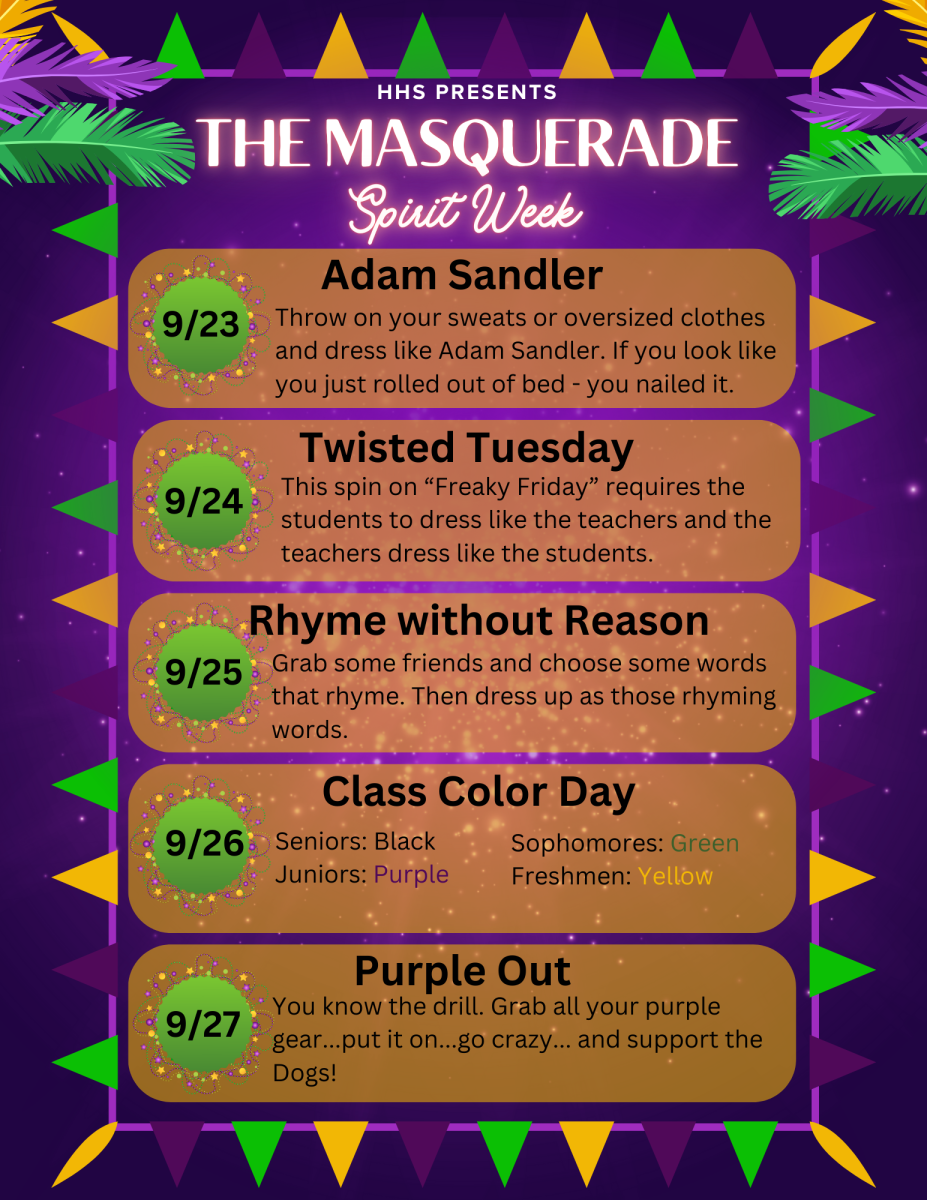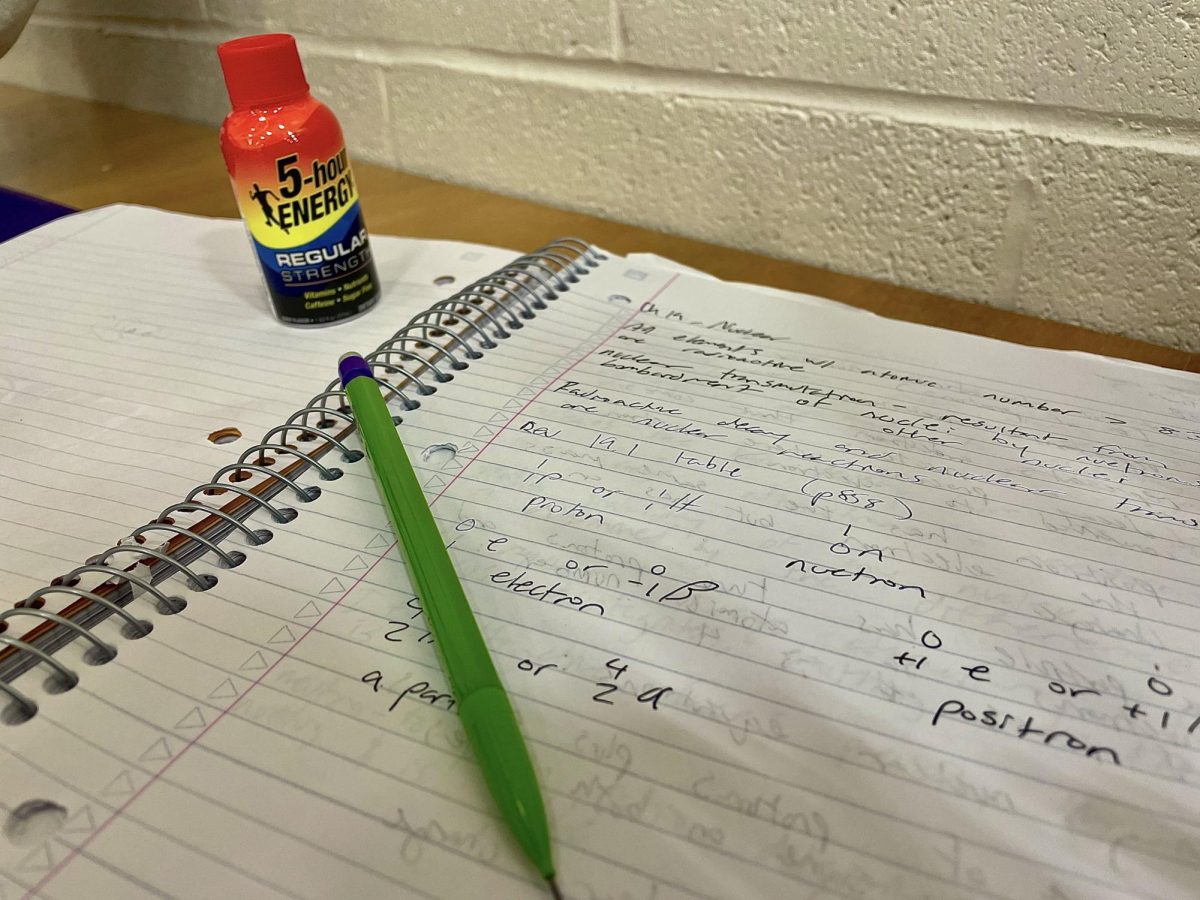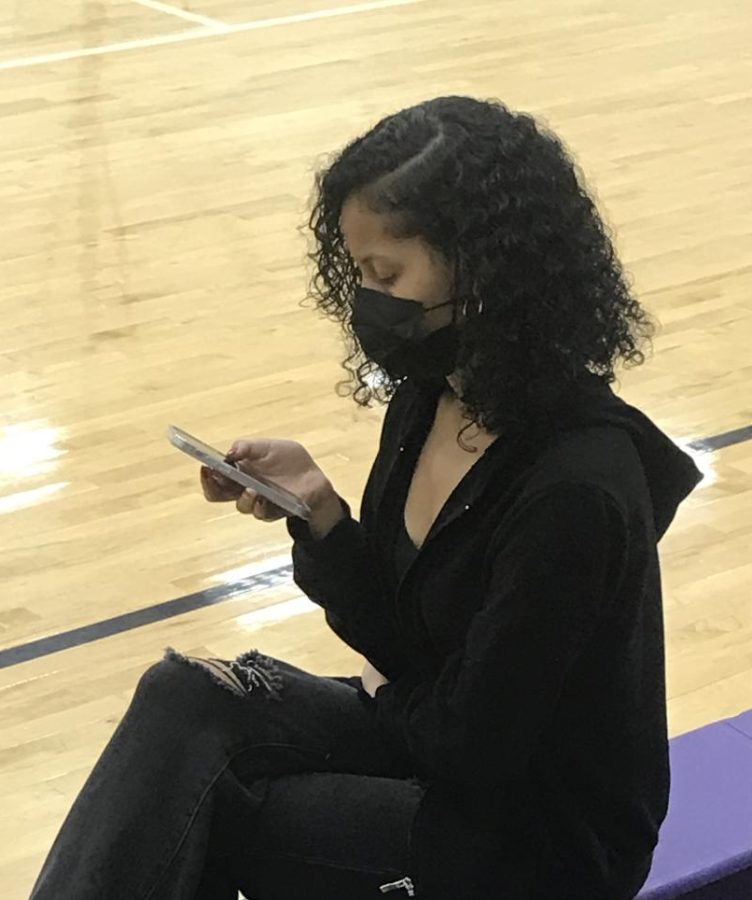Smartphone addiction threatens teens’ mental health
January 30, 2023
Many people say that “your phone is a drug”? Well that is actually true. When we look at our phones, our brains release a small shot of dopamine. Dopamine is a type of neurotransmitter made in the brain that makes us feel good. Doing drugs also releases neurotransmitters. We get addicted to them because the chemical that they release into our brains makes us feel good. The same thing happens with our phones.
Do not get me wrong, phones can be used for good things– easy access to information, quick communication, better connections to resources, and staying connected with what goes on in the world. But even though they have some positive advantages, the negative effects of overusing phones can overrule the positive if we are not careful.
“There are a lot of competing explanations as to why smartphone use could be negatively impacting our mental health.” Joe O’Brien, trainee health psychiatrist, said. “Social media contributes to many of these, giving rise to issues like FOMO (fear of missing out), cyberbullying, body image and self-worth issues, anxiety over adding friends and getting likes.”
Not only can phones be addictive, but they affect sleeping patterns, too.
“Research has found that using your smartphone before bed can make it harder to fall asleep due to the blue light it emits,” Natalia Lusinski ,Writer at Business Insider and Insider, said.
Unfortunately, our phones can become a major distraction to us. Even if we are not actively using it, we could still be thinking about a text we sent, a video we want to watch, or an app we’d rather be on. When we hear a notification go off, we immediately want to know what it is.
Those who find themselves struggling with their phones have options. Setting restrictions on the amount of screen time available in a day is one way to make a difference. This will require a more intentional use of the time available. There are apps to help manage screen time. Another option would be to do away with social media in general. This limits phone activity, resulting in less usage of it in general. Learning to replace phone time with other hobbies/activities is another good idea. Pick up a book instead of a phone, or go outside instead of scrolling through social media. It’s not too late to reverse the effects of smartphones on our lives.































